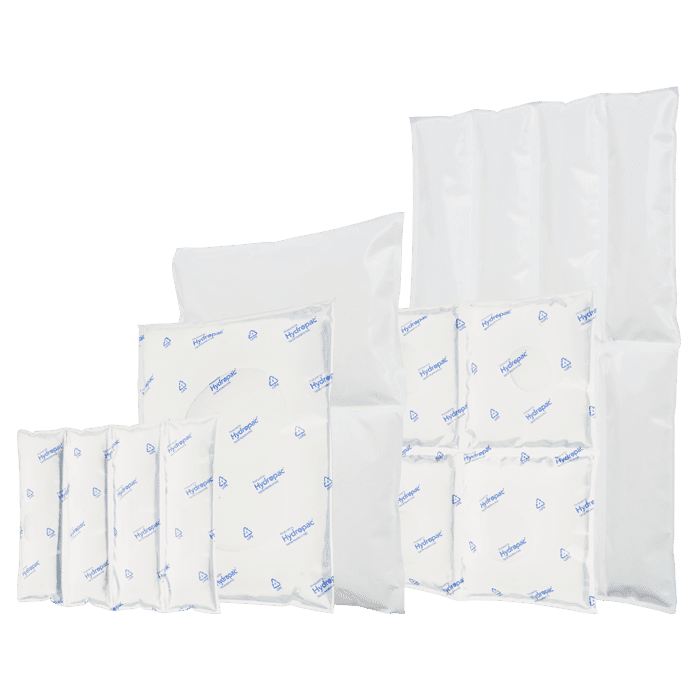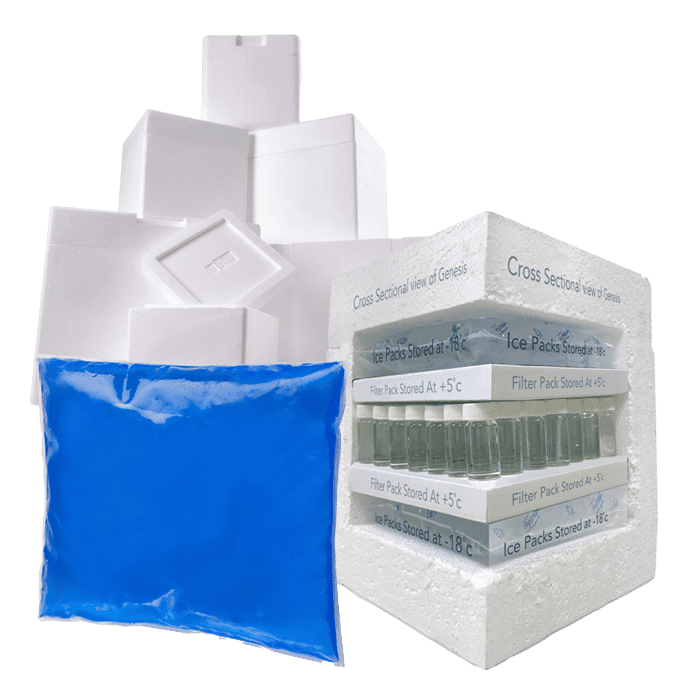How can enzymes be used to break down PET plastic in only a matter of hours?
Scientists working for the company Carbios have created a mutant bacterial enzyme that has the ability to break down plastic bottles in only a matter of hours. The enzyme can break down PET plastic (polyethylene terephthalate) into their individual chemical composites which can be used to make brand new plastic items, such as bottles. Usually, plastic is recycled through a thermomechanical process but unfortunately, this recycling process is not of a high enough quality to make into brand new bottles, so the recycled plastic is mostly used for other products such as carpets and clothing.
Plastic pollution
Plastic pollution has become one of the worlds most urgent environmental issues. The rapid increase in production of single use and disposable plastic products is extremely overwhelming for the environment. Although it is highly recyclable, waste PET plastic can take up to 450 years to biodegrade so it poses a particular threat to marine life. With the estimation that there will be more plastic in the ocean than fish by 2050, it is key that a completely sustainable form of plastic production is provided soon.
Custom chilled solutions for you
Hydropac offers every customer a customized solution for chilled and conditioned shipping. For example, we help a customer with limited freezing capacity to deliver gel packs frozen and ready to use, and we can manufacture almost all shapes and sizes of cooling elements. As a customer, you come first: we are here to help you.
Plastic pollution can mostly be seen among developing countries where waste disposal and collection systems are not very efficient or completely non-existent. Even in some developed countries, there are low recycling rates due to issues with recycling. Reducing the use of plastic is one way to help lessen plastic pollution, but plastic is crucial to use in many products and industries, such as medical care, food and transportation. The main problem is the waste left by these products, so increasing plastic waste collection and recycling is a great way to tackle this issue.
How the plastic eating enzyme works
Back in 2012 the plastic eating enzyme was found in a compost pile of leaves. The team of scientists have since developed the enzyme to break down a tonne of PET plastic bottles at an optimum temperature of 72C in just 10 hours. This 90% degraded plastic can be used to create new plastic bottles. The plastic bottles to be recycled have to be ground up and heated before the enzyme works its magic. Unfortunately, this process results in the recycled enzyme plastic costing more than virgin plastic due to the added steps.
The super-enzyme works to break down PEF (Polyethylene Furanoate) which is a sugar-based bioplastic used to make beer bottles as well as PET, but it is currently unable to break down other types of plastics.
Next steps
After this significant step forward in recycling technology, the researchers are now looking at ways to speed up the enzyme break-down recycling process, so the advanced technology can be used for commercial purposes. Scientists are also making advancements in finding a way to break down other types of plastics. German researchers discovered a type of bug that eats toxic polyurethane, whilst other research have revealed that wax moth larvae can eat up polyethene bags.
Sustainability Hydropac and CSR
Sustainability isn’t just a trend for us – it’s a promise. As we innovate, create, and lead, we keep our planet’s well-being at the forefront. With Hydropac, you’re not just preserving the quality of your cargo; you’re contributing to a healthier world.
Experience the power of sustainable temperature assurance with Hydropac – where excellence and environmental responsibility coexist for a brighter future.







